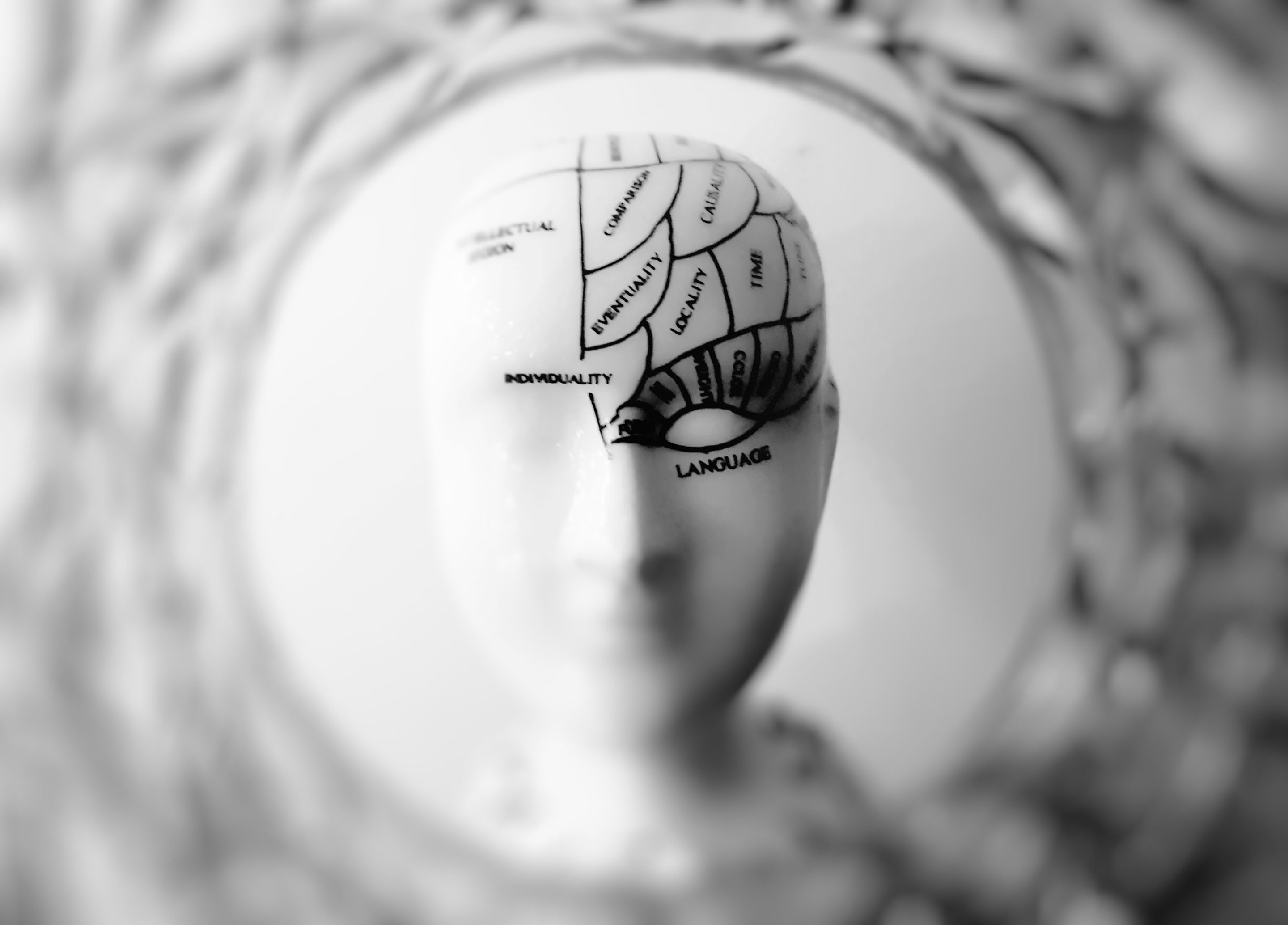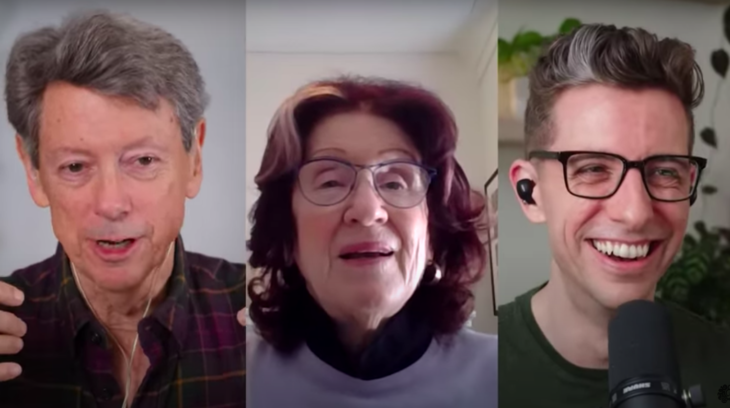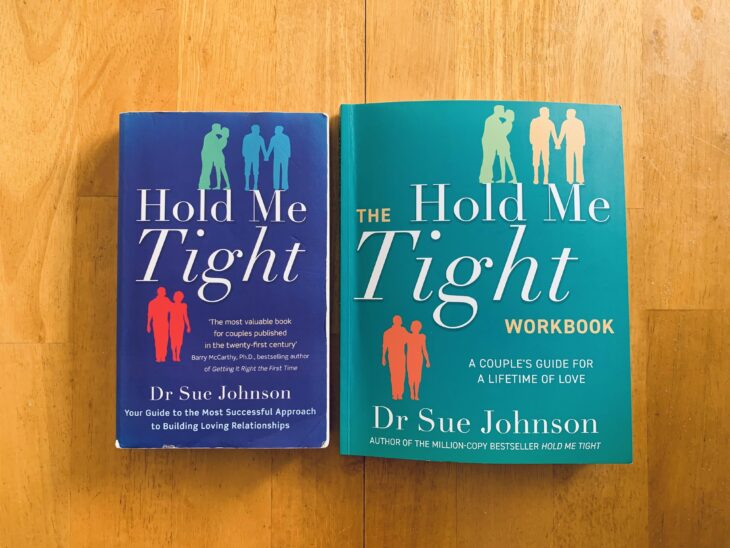For many, the allure of love is often found in those who are near, accessible, and very much within our grasp. Yet, peculiarly enough, the heart sometimes veers in an entirely different direction. This video from the School of Life titled “The Charms of Unavailable People” throws light on this intriguing paradox of human emotion.
“Though one might imagine that it’s the available ones who charm us, the curious truth is that very often it’s the elusive, not-returning-our-calls ones that really develop a power over us.” From falling for someone continents away to being drawn to a married individual, to the heartbreaking allure of someone with limited days due to a grave illness, all of these situations share a common thread – the external obstacles of love. Such barriers paradoxically intensify our yearnings, making the love seem all the more potent, almost forbidden.
One may argue that true love should overcome all barriers, but reality often writes a different script. Sometimes, the very challenges that should keep two individuals apart become the glue that binds them tighter. These challenges paradoxically stoke our desire, making the heart yearn more fiercely against the odds. On the flip side, those in a seemingly secure relationship might find it crumbling, leaving them grappling with pain, trust issues, and a shattered heart.
Childhood plays a significant role in how we handle such emotional trials. Those raised with consistent love and care find it slightly easier to move on from heartbreaks. In contrast, others might struggle more, clinging on to impossible relationships, seeking love in hidden corners, and risking it all for moments of ephemeral happiness.
While the mysteries of the heart remain vast and complex, one truth shines clear – treading carefully in the realm of love might eventually lead us to the right destination. For love, in its truest form, is a bond shared with someone who understands, cherishes, and grows with us over time.
So, if you’ve ever wondered about the magnetic pull of someone just out of reach, or questioned why your heart beats for someone so clearly “wrong” for you, this video offers some illuminating insights. Dive in, and discover the charming, painful, and bewildering journey of loving the unavailable.





Recent Comments